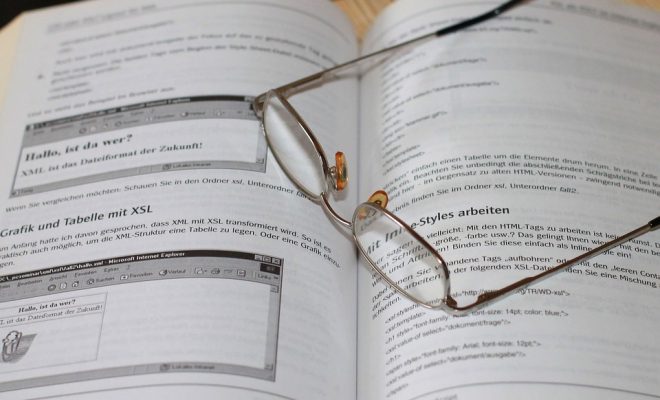A Teachers Code of Ethics: Importance and Implications

While pretty much everyone agrees that it’s important to live according to what’s right and to avoid acting in a way that’s wrong, not everyone always agrees on the what’s right or what’s wrong in any given situation. A code of ethics is personal and different for each individual. It determines an individual’s response to a particular situation and also accounts for the varied responses exhibited by different individuals in the same situation.
An individual code of ethics comes into play in everyday situations that teachers experience, such as when an influential parent asks for special favors for his child, while dealing with an impudent student or an impertinent remark, while dealing with colleagues, or at any point while performing the daily duties of the job. All actions and responses are a function of a personal code of ethics, which is the foundation for differences in teachers’ styles of dealing with students and school-related situations. A well-defined code of ethics will help you negotiate difficult times during the life of your career. It allows you to decipher the right thing to do based on your current perspective and to take responsibility for and stand by your decisions.
Another ideal to be realized in the process of abiding by your code of ethics is to make quick and prudent decisions. Teachers should not delay ethically correct decisions for long periods of time before putting them into practice. If your code of ethics is strong, you should be able to make decisions on the spot and have the conviction to bear the consequences. Too much pondering or hesitation takes the impact out of even the soundest ethical decisions.
Ultimately, the way you respond to what you believe is right and wrong provides insight into your code of ethics. And that’s why a personal code of ethics is not a stringent, formulated code. You can approximate and set guidelines for yourself based on what you think is right and depend on these guidelines to solve dilemmas and complex educational situations. Individual codes of ethics are not formal codes laid out by organizations and institutions to be obligatorily adhered to by their members. They are intangible moral guidelines that individuals appropriate on their own.





